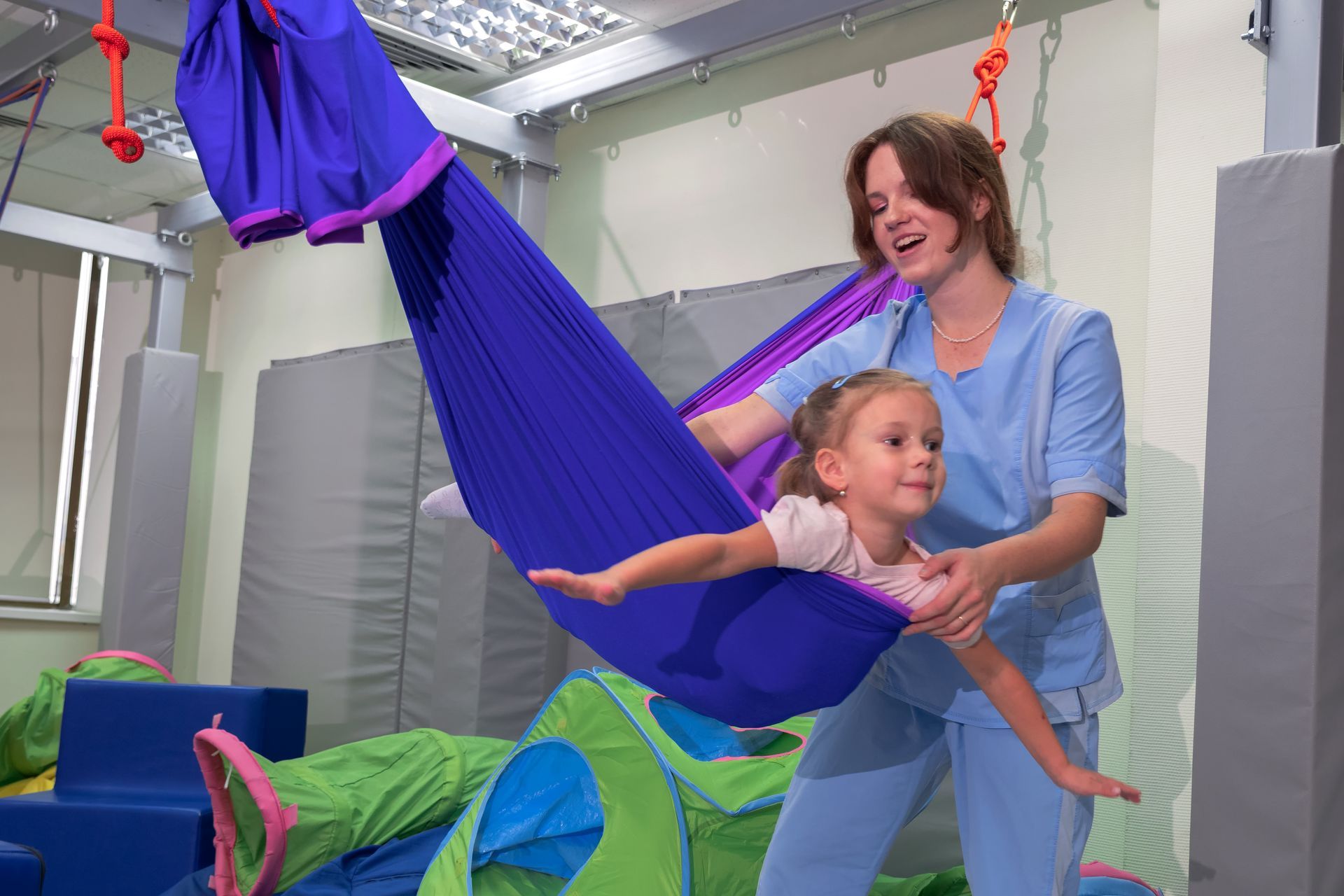Disability Awareness Hub: Understanding Megalocornea-Intellectual Disability Syndrome

Understanding Megalocornea-Intellectual Disability Syndrome
In the landscape of disability support, awareness of rare conditions can make a significant difference in how we understand and respond to individual needs. One such condition is Megalocornea-Intellectual Disability Syndrome (also known as Neuhauser Syndrome). A rare genetic disorder that combines unique physical features with developmental and cognitive challenges.
What Is It?
This syndrome is characterised by:
- Megalocornea: An unusually large cornea present from birth, which may affect vision but typically occurs without increased eye pressure.
- Intellectual disability: Varying in severity, often accompanied by developmental delays.
- Low muscle tone (hypotonia) and motor coordination difficulties
- Neurological symptoms: Including involuntary movements and, in some cases, seizures.
- Distinct facial features: Such as a broad nasal bridge, downward-slanting eyes, and large, low-set ears.
Though extremely rare, with fewer than 40 documented cases worldwide, this condition highlights the importance of early diagnosis and multidisciplinary support.
Why It Matters for Professionals
For disability professionals, recognising the signs of rare syndromes like this one can:
- Inform more tailored behaviour support plans
- Guide referrals to specialists such as neurologists, ophthalmologists, and geneticists
- Support individualised communication and sensory strategies
- Help teams understand the underlying causes of behaviours that may otherwise be misinterpreted
Understanding the full picture allows for more compassionate and effective support.
What Parents and Carers Should Know
If your child or someone you care for has been diagnosed with this syndrome, or presents with similar features, it’s important to:
- Seek a comprehensive developmental assessment
- Connect with a multidisciplinary care team
- Advocate for supports that address both physical and cognitive needs
- Explore genetic counselling to understand inheritance patterns and future planning
While the diagnosis may feel overwhelming, knowledge is empowering. With the right supports, individuals with this condition can thrive in environments that respect their unique needs.
Building Awareness and Inclusion
Rare conditions like Megalocornea-Intellectual Disability Syndrome remind us that every person’s journey is unique. By staying informed and curious, we can create more inclusive spaces - whether in therapy, education, or daily life.







